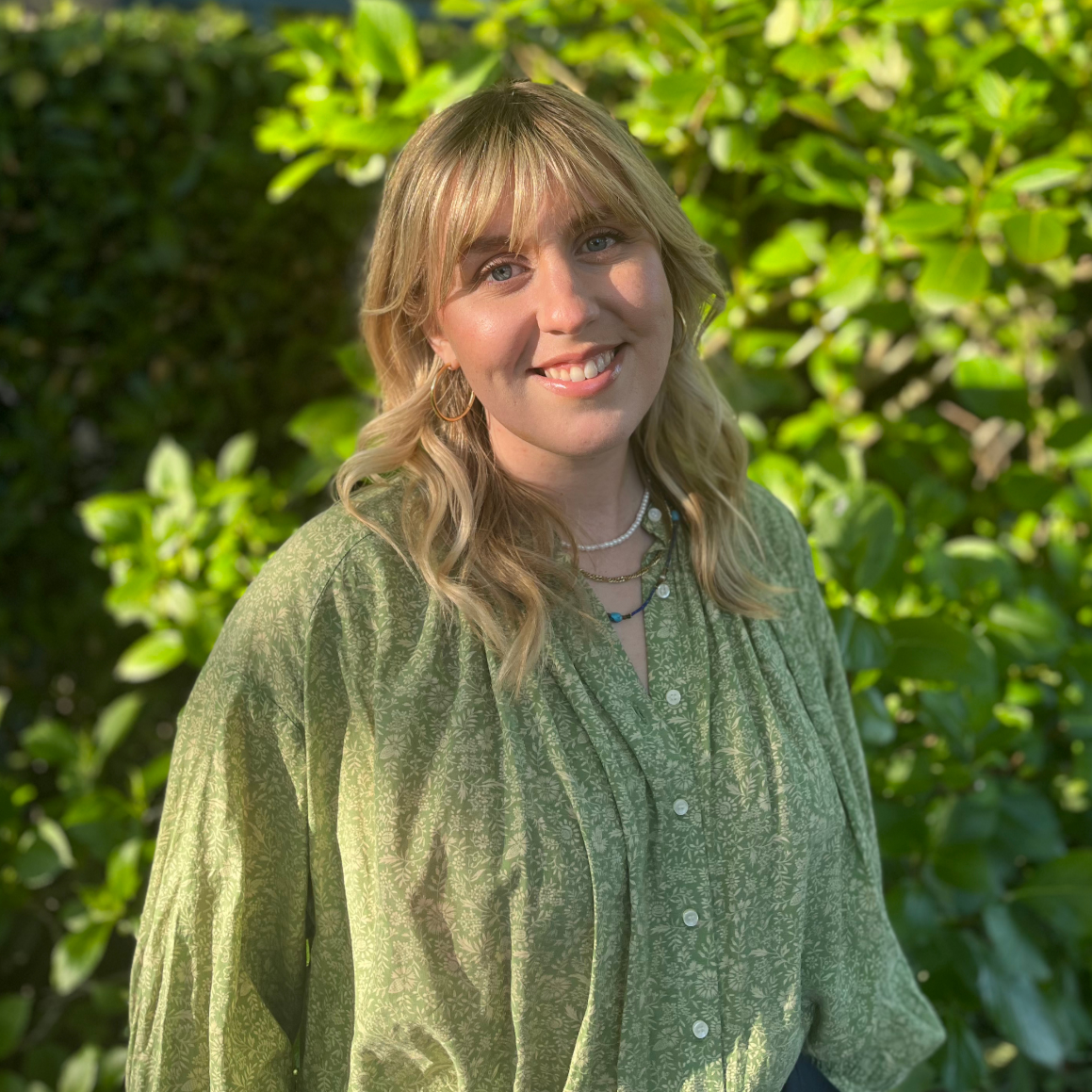July 4, 2024
It's our absolute pleasure to announce that SCARP MCRP student Kylie Clark is the recipient of the 2024 CIP President's Scholarship!
Kylie was chosen for this award for her research on re-wilding small-scale urban spaces using Miyawaki method mini forests.
Congrats Kylie! We can't wait to see where your work takes you next.
